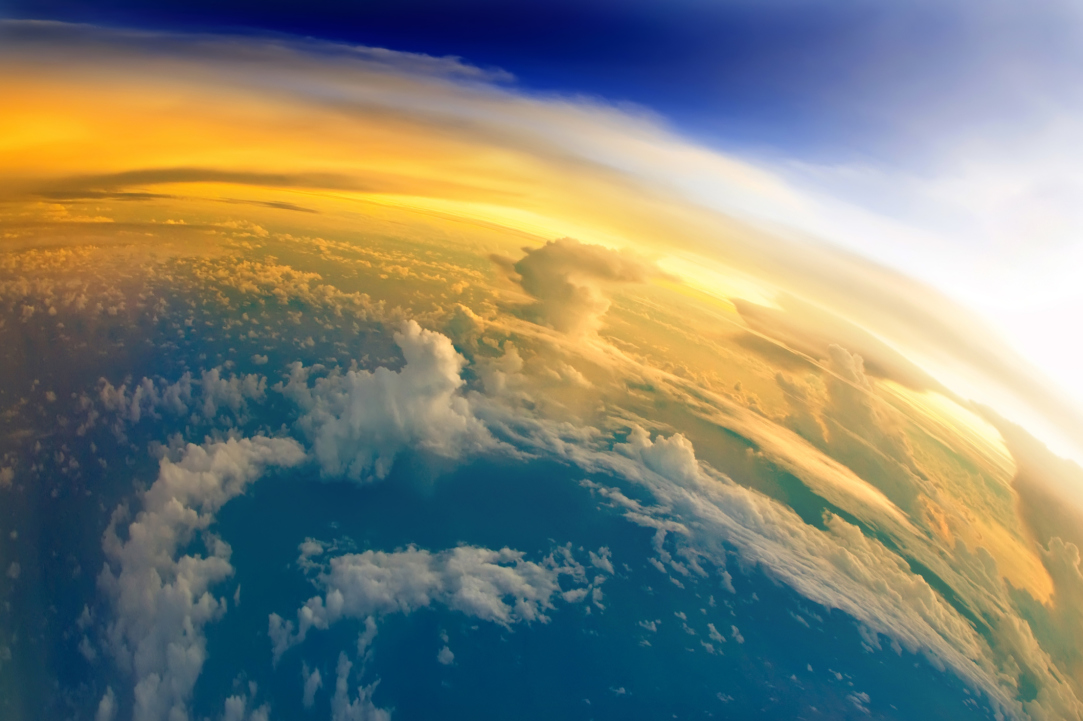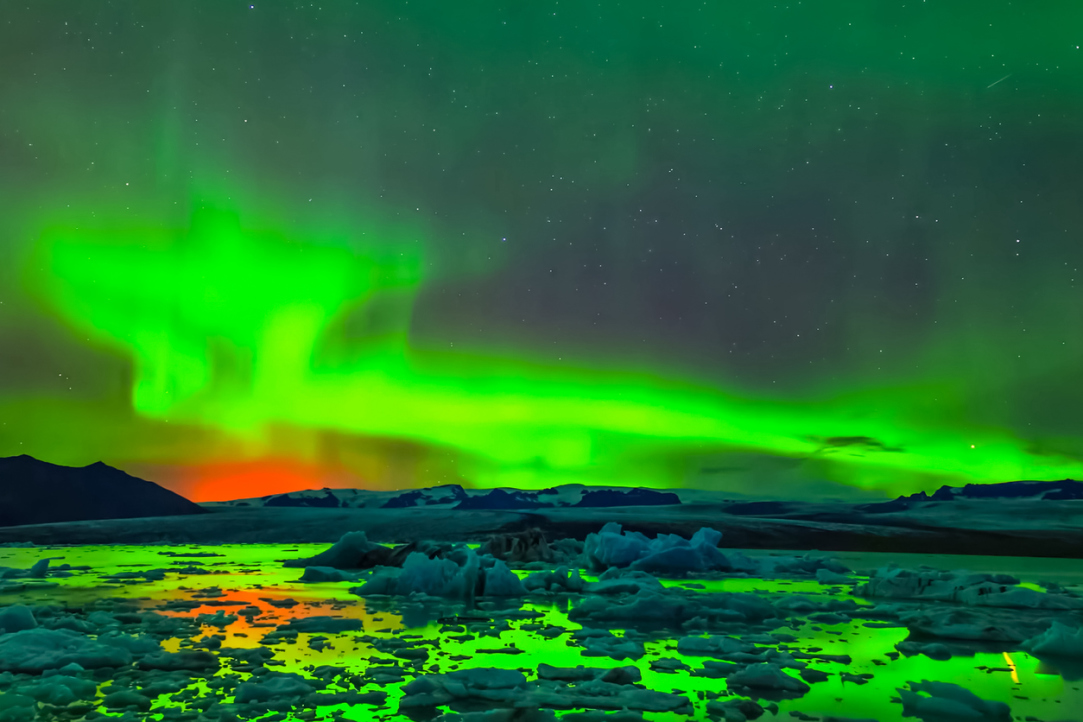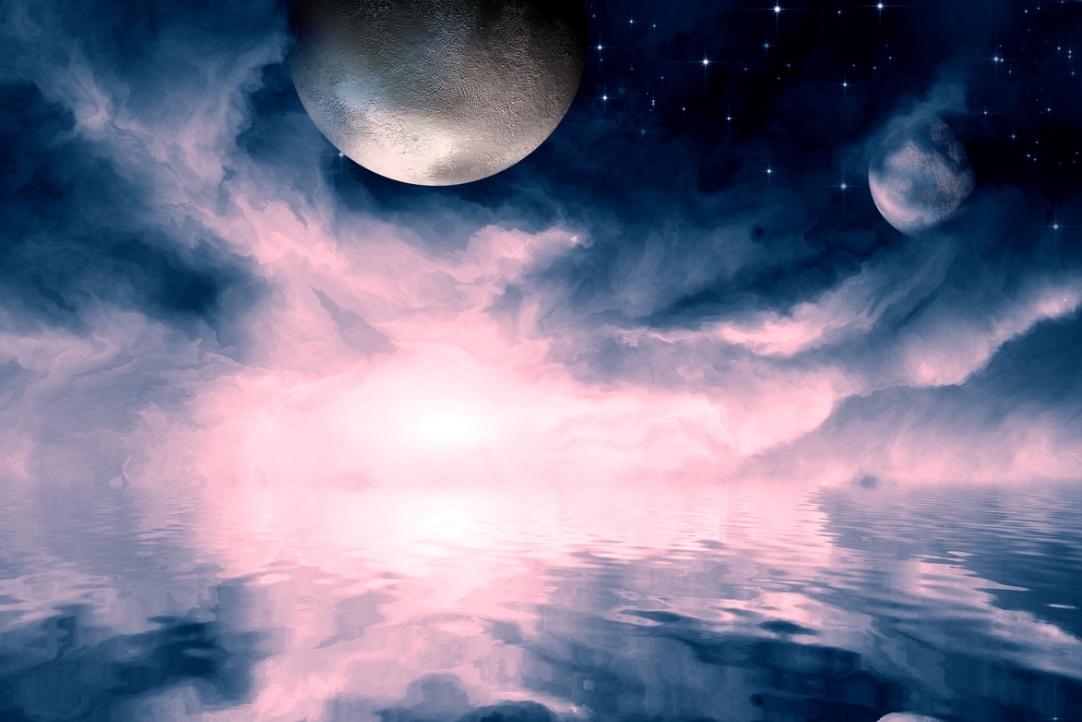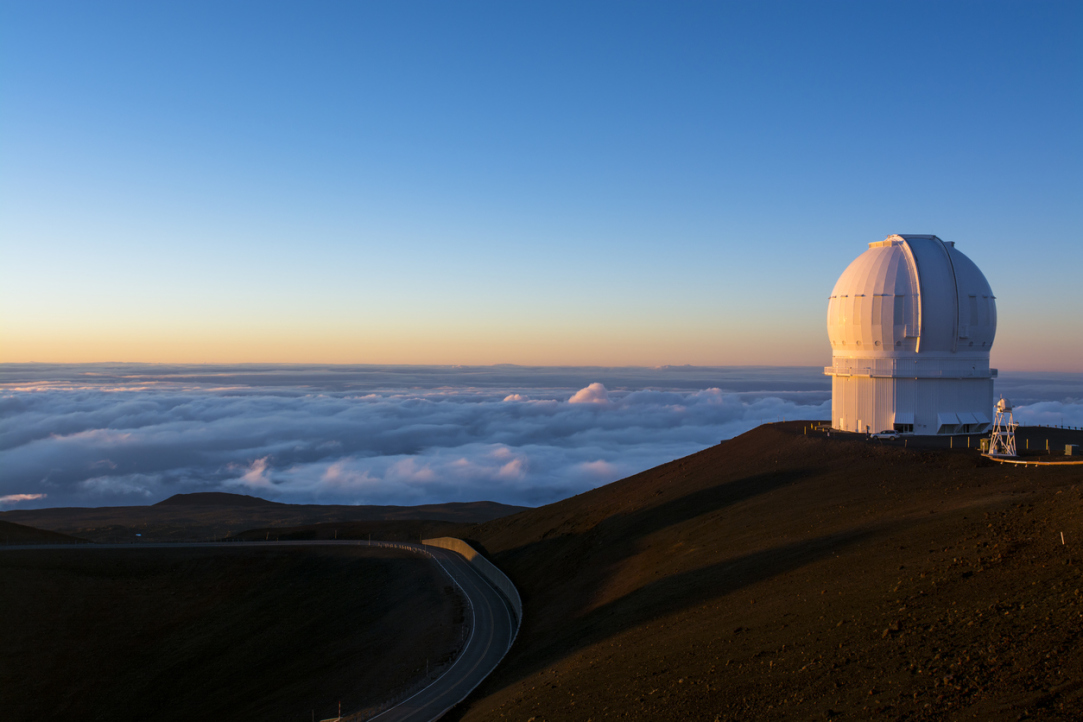
Tag "space"


An international team of Russian and Belgian researchers has found out that space travel has a significant impact on the brain: they discovered that cosmonauts demonstrate changes in brain connectivity related to perception and movement. Some areas, such as regions in the insular and parietal cortices, work more synchronously with other brain areas after the space flight. On the other hand, connectivity of some other regions, such as the cerebellum and vestibular nuclei, decreases. The results of the study were published in Frontiers in Physiology.

Researchers from the Higher School of Economics and Space Research Institute (Russia) have calculated the main parameters that determine space weather close to the nearest Earth-like exoplanet, Proxima Centauri b. Such parameters include solar wind, as well as galactic and solar cosmic rays. The results of the research were published in Astronomy Letters.

1
2
